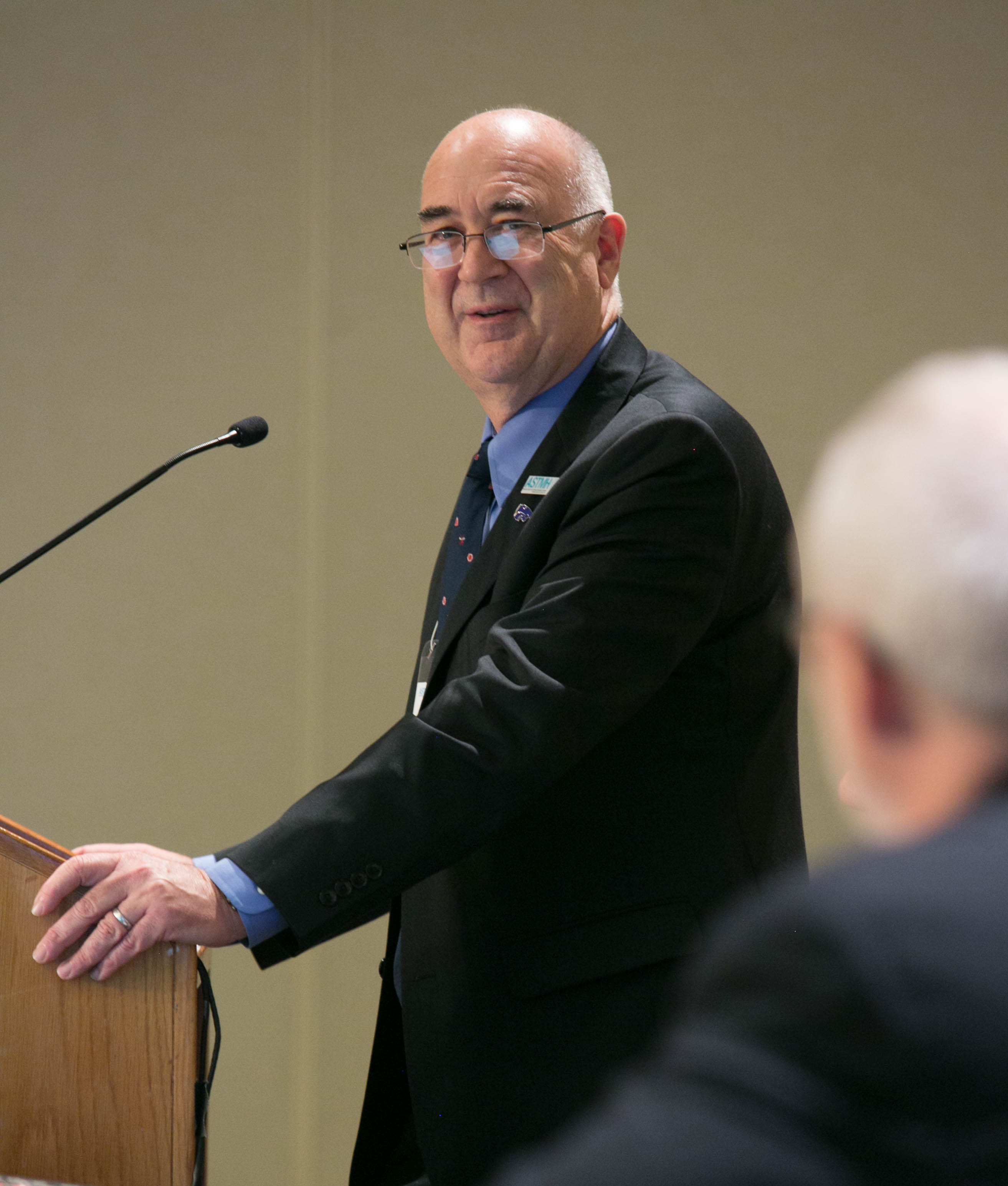
Newly elected ASTMH President Stephen Higgs, PhD, FRES, FASTMH, recently took part in a Q&A about his vision for ASTMH, its strengths and weaknesses, and what he plans to focus on during the next 12 months:
What are you hoping to achieve as the new ASTMH President?
I’m interested in having a better understanding of the needs of our members and also demonstrating to non-members the value of our society. Like the rest of the Society’s leadership, I am committed to working on improving retention, particularly of our new, younger members. I am going to reach out to as many members as I can not only here in the U.S. but internationally. About a third of our members are from outside the U.S., and I know their needs are different than those in the States. It’s important that we encourage their participation in committees at all levels. Digital communication has broken down the barriers of distance, so there’s no reason why our international colleagues should not apply for leadership positions and contribute.
Last year, while campaigning for Society President, I reached out to a large number of individuals and I learned quite a lot about our membership. It was a very fulfilling use of my time. I’m also focused on contacting our younger members, grad students and post-docs because what they have to say is important – our Society’s future is dependent on them. I just need to figure out the best way to reach this group, whether it’s by email, or phone, or social media. Perhaps that will be the first thing I learn from their feedback. ASTMH is a phenomenal society and has been for more than a century because of a long history of dedicated leadership. What I want to do is give the Society a more year-round value to our members.
What is your vision for ASTMH?
A society with more impact, more relevance. One that accommodates our members’ needs, enables them to realize their full potential. The vision of ASTMH is to rid the world of tropical diseases. As impossible as that sounds, it’s really what we all strive toward. I also see the Society expanding its engagement with policy makers to ensure adequate funding for national and international programs relating to tropical medicine and hygiene. Over the last few years, I have seen that need become more impactful on a global scale than ever. At the same time, competition for those limited resources has intensified.
What are the Society’s strengths?
The strength of any association is the expertise of its membership and the networking opportunities available. Our strength is that ASTMH members have an outstanding desire to help. We all believe that we can make a difference, and by joining the Society, we show that we’re also interested in taking it a step further and helping others in the profession succeed. Our members are the international experts in their field, yet they are always willing to talk with a younger individual about how they succeeded and offer advice on career development.
What are its weaker points and what plans do you have to make them stronger?
If there’s any weakness, it’s not having enough international participation on committees and governance in general. I want to change that by reaching out, finding out what they want, and how we can provide them with it.